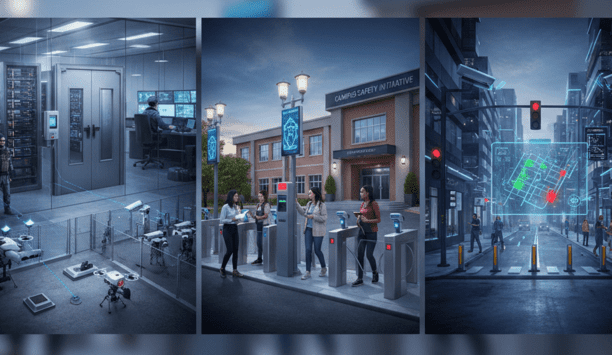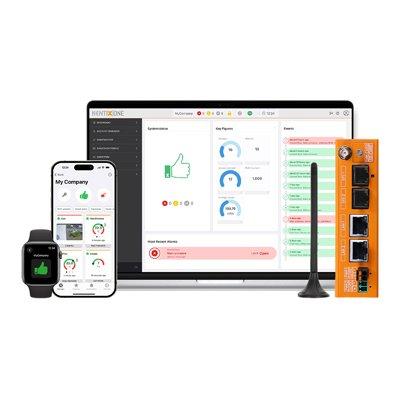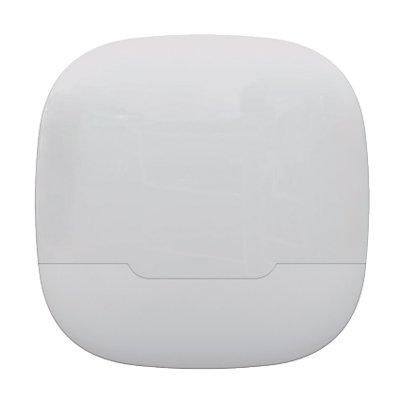Imagine ideas such as flat thin lenses that could shrink the size, weight and cost of phones and cameras; or a soft, flexible skin for robots that gives them a gentle human-like sense of touch; or blockchain-based health record storage that reduces medical costs while guarding privacy and improving trust between patients and doctors.
These are among the new artificial intelligence, electronics and optoelectronics inventions and research that will soon be unveiled at the Future Tech Expo 2018 exhibition. Future Tech Expo 2018 runs from December 13 to 15, 2018 at the Taipei World Trade Center, Hall 3 in Taipei, Taiwan. The main organiser is the Ministry of Science and Technology of Taiwan.
Rewarding the research teams
Future Tech Expo 2018 will show Taiwan's revolutionary breakthroughs in optoelectronics, electronics and artificial intelligenceFuture Tech Expo 2018 focusses on meeting the needs of people and industry. This exhibition lets us learn about cutting edge research that is also practical, and helps ordinary people understand how science could change their lives.
In addition, the event acknowledges and rewards the research teams from academia and institutions who are building these critical tools and technologies of the near future. Future Tech Expo 2018 will show Taiwan's revolutionary breakthroughs in optoelectronics, electronics and artificial intelligence.
According to the World Economic Forum’s Global Competitiveness Report for 2018, in the ‘Innovation ecosystem component’ category, Taiwan ranks number one in Asia and fourth globally for its innovation capability (after Germany, the United States, and Switzerland).
Metalenses and robotic skin
A soft, flexible skin for robots that gives them a human-like sense of touch has been developed by scientists at National Chung Hsing UniversityResearchers at Academia Sinica have been working on metalenses – totally flat thin lenses that could shrink the size and cost of cameras and phones. Metalenses can be light and thin, because they are not made from dense glass or plastic. Unlike older metalense projects, which tended to distort colours, these lenses create better full-colour images. Tiny lenses can now be cheaply manufactured using the same equipment that makes computer chips.
A soft, flexible skin for robots that gives them a human-like sense of touch has been developed by scientists at National Chung Hsing University. This research appears suitable for many applications where robots need a fine sense of touch to handle objects carefully and delicately – including work, such as healthcare, where robots come into direct contact with human.
Pingtung Christian Hospital has developed a blockchain-based health record storage that will reduce costs while guarding privacy and enhancing trust between patients and medical professionals. The system makes it easier to securely exchange many different types of medical and personal data.
Learn why leading casinos are upgrading to smarter, faster, and more compliant systems























